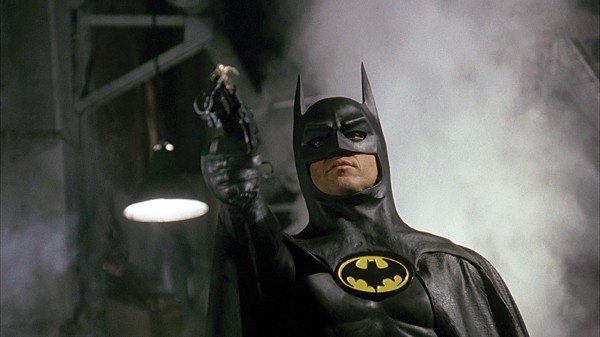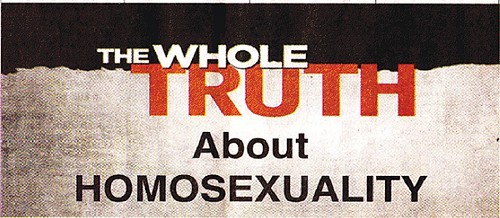It may have been a warm afternoon in Memphis, but members of the Memphis Newspaper Guild weren’t having a picnic on The Commercial Appeal lawn.

- Alexandra Pusateri
- Employees stand outside The Commercial Appeal building on Union Avenue.
The union held an afternoon rally to raise awareness about the roadblock that held up the guild and the newspaper’s contract negotiations. The point of dissent is the addition of disciplinary measures included in the union’s contract. The company tried to include the language previously, but the union struck down the motion unanimously in March.
“The company is trying to eat away at our most basic right — the right to have a fair hearing whenever someone is disciplined,” said Wayne Risher, president of the newspaper guild. “We feel like they would be able to fire us for any reason at their discretion if we agree to it.”
Currently, the company operates within a progressive discipline format. It starts with a verbal warning and moves up to suspensions and firings. The union’s bulletins have reported that the proposed clause by the company claims that “progressive discipline is not required,” although it is customary.
The union is also fighting against the control of discipline moving toward management — “something [The Newspaper Guild] believes will be used to reduce or eliminate the chance an outside arbitrator would ever reverse a bad disciplinary decision,” according to a bulletin released earlier this year. The new clause allows management to determine disciplinary measures against an employee at its own discretion.
“We had a tentative agreement that we had second thoughts about,” Risher said. “We ended up voting it down in the ratification process. We have not been back to the bargaining table since the company has not changed its position and still wants to impose that change in discipline language on us.”
According to Risher, the Milwaukee Journal Sentinel’s newspaper union in Wisconsin has maintained a “better relationship” with its own publishing company than The Commercial Appeal union “historically.” (The newspaper joined the group last year.)
“They’ve always tried to keep the union down here,” Risher said. “It’s just an extension of that old-fashioned thinking.”
The union president said the contract allows the company to attract new employees and maintain current employees in order to provide journalism to the Memphis community.
“We’re not really asking for money, although we’ve only had three raises in the past 13 years,” Risher said. “What we have basically been working on has been status quo that would not be any new money. We look at it like we don’t want to go backwards. We don’t want these rights taken away from us. We feel like it’s a fair contract if it preserves our rights.”
A call to the publisher of The Commercial Appeal was not returned.


